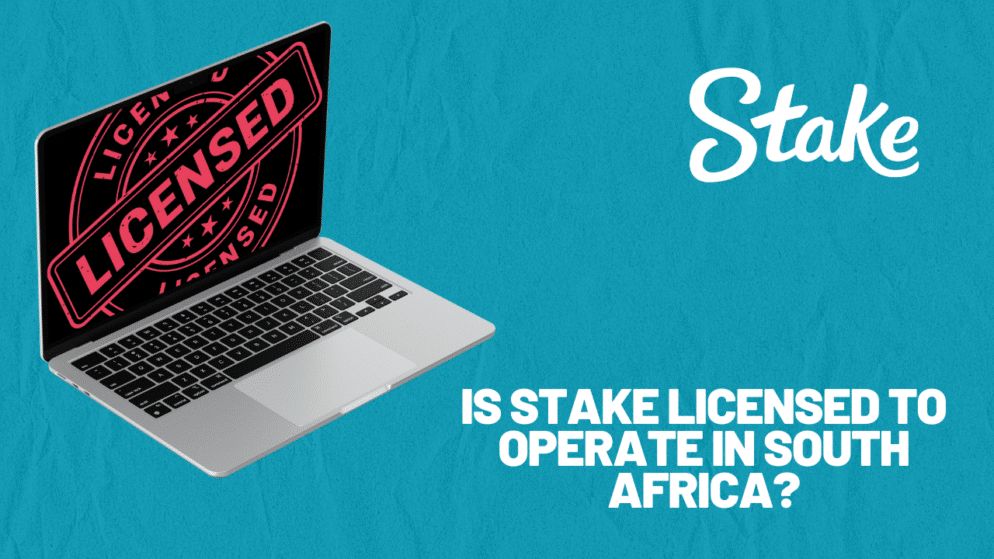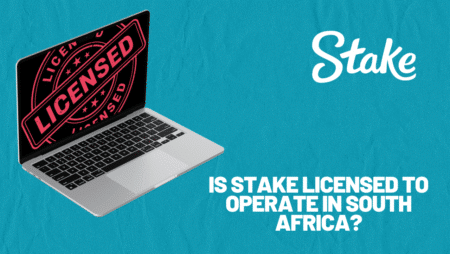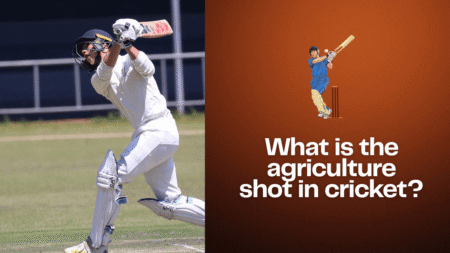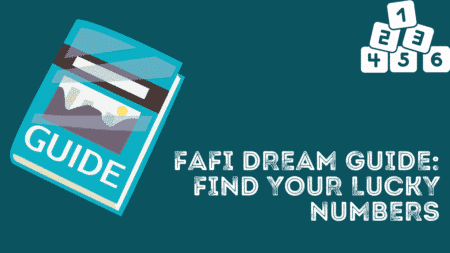

The question of whether Stake.com is licensed to operate in South Africa has become increasingly relevant as online gambling continues to grow in popularity across the continent. Understanding the regulatory landscape and Stake’s licensing status is crucial for South African players who want to gamble legally and safely online.
The Short Answer: No, Stake is Not Licensed in South Africa
Stake is not currently legal in South Africa, despite being a popular international cryptocurrency casino and sportsbook platform. While Stake operates under a Curaçao Gaming Control Board license, this offshore license does not grant the platform legal authority to operate within South Africa’s jurisdiction.
The platform is unavailable to sports fans and casino lovers in the following European countries: Serbia, Portugal, Belgium, and the Netherlands. Countries like Albania, Algeria, Afghanistan, the Bahamas, Angola, Belgium, and Australia are blacklisted from creating an account at Stake.com. Notably, South Africa is not explicitly listed among these restricted territories, which can create confusion about the platform’s legal status.
Understanding South Africa’s Gambling Regulatory Framework
South Africa operates under a complex dual regulatory system that governs all gambling activities within the country. The NGB is responsible for: (a) evaluating (i) the issuing of National Licences by the Provincial Gambling Boards, and (ii) compliance monitoring of licensees by the Provincial Gambling Boards.
The regulatory structure consists of:
National Level: The National Gambling Board (NGB) sets standards and oversees the gambling industry nationwide. The National Gambling Board is responsible for the oversight of the regulation in the gambling industry throughout the country and to preserve the integrity of South Africa as a responsible global citizen.
Provincial Level: Each Provincial Gambling Board has exclusive jurisdiction within its province to: (a) investigate and consider applications for, and issue Provincial Licences in respect of, casinos, racing, gambling or wagering. This means operators must obtain licenses from the specific province where they wish to operate.
Legal Requirements for Online Gambling Operators
The National Gambling Act requires any person who wishes to conduct a gambling activity (including bookmakers) to obtain a licence from the relevant provincial authority. This requirement extends to all forms of gambling, including online platforms.
The licensing process is rigorous and includes several key requirements:
- Comprehensive business plans and financial stability proof
- Background checks and due diligence investigations
- Technical inspections of gaming equipment and software
- Compliance with responsible gambling measures
The issuing of a license is done through a multi-step process: Application: The operator applies to the provincial gambling authority. Such an application should provide in detail a business plan, proof of financial stability, and management information on the company.
Current State of Online Gambling in South Africa
The online gambling landscape in South Africa is particularly complex. While traditional online casino games remain largely prohibited, online sports betting is legal, provided the operator holds a valid provincial licence. Some provinces, particularly the Western Cape, have adopted more progressive interpretations of existing legislation.
Certain provinces, notably the Western Cape, have adopted a more progressive stance. By interpreting existing regulations in a broader sense, they have begun issuing licences for online casino-style offerings, often classifying them under fixed-odds betting or limited payout machines.
The Regulatory Crackdown
South African gambling regulators have intensified their efforts against unlicensed operators. The National Gambling Board (“NGB”), in collaboration with Provincial Licensing Authorities (“PLAs”) and law enforcement agencies, has intensified its efforts to combat the rise of unlawful online gambling activities in South Africa.
This crackdown targets platforms operating without proper South African licenses, which would include international operators like Stake that serve South African players without local authorization.
Risks for South African Players
Players who choose to gamble on unlicensed platforms like Stake face several risks:
Legal Consequences: All gambling violations are subject to a maximum penalty of 10 million South African rand and/or up to ten years in prison at the discretion of the presiding court.
Financial Protection: Unlicensed operators offer no protection under South African consumer laws, meaning players have limited recourse if disputes arise.
Banking Restrictions: South Africa does not block websites. The country does, however, have an exchange control regime and some payments to or from foreign operators are blocked by players’ banks’ foreign exchange departments and/or the South African Reserve Bank.
The Future of Online Gambling Regulation
The regulatory landscape in South Africa continues to evolve. Legislative modifications proposed in 2018, 2022, and again in 2024 have all called for the full legalisation of online casino gambling. While these changes are still under consideration, the growing momentum indicates that broader legal reform may not be far off.
This suggests that comprehensive online gambling regulation may be implemented in the near future, potentially creating opportunities for international operators like Stake to obtain proper licensing.
Conclusion
While Stake.com operates as a legitimate cryptocurrency casino and sportsbook internationally under its Curaçao license, it is not licensed to operate in South Africa. South African players who choose to use the platform do so at their own legal and financial risk.
For those seeking legal online gambling options in South Africa, the safest approach is to use operators that hold valid provincial licenses from South African gambling boards. As the regulatory framework continues to evolve, there may be opportunities for platforms like Stake to obtain proper licensing in the future, but currently, the platform operates outside South Africa’s legal gambling framework.
Players should always verify the licensing status of any gambling operator and ensure they comply with local laws before engaging in online gambling activities.








